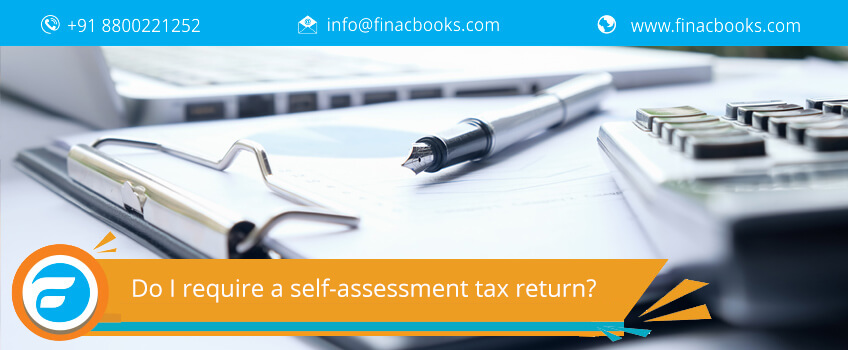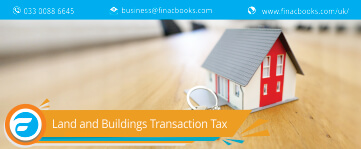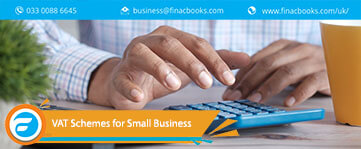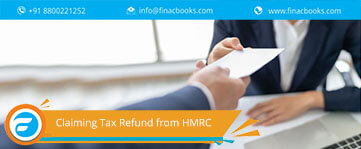Perhaps you've heard of self-assessment tax returns, but what do they involve, and how do you determine if you're required? If you're unsure what a self-assessment tax return is or if you're required to file one, this blog will address all of your questions. Self-assessment is a critical component of the HMRC's (Her Majesty's Revenue and Customs) income tax collection system. The majority of employees pay their taxes under the PAYE (Pay As You Earn) system. However, when you receive a salary or pay cheque from your company, the HMRC system automatically deducts any applicable taxes.

Do I need to complete a self-assessment tax return?
The majority of people in the UK pay their tax ‘at source,' for example, through Pay as You Earn (PAYE) if employed, and are thus not needed to file a tax return. As a result, self-assessment does not apply to everyone, and you will typically be required to complete a form only if one or more of the following applies to you:
- You are self-employed;
- You are a partner in a partnership business;
- You are a religious minister of any faith or denomination;
- You are the executor or trustee of an estate.
Who requires to submit the Self-Assessment tax return?
You may be required to submit a self-assessment tax return if you meet one of the following conditions –
- If you have income that is not taxed under PAYE, you are a company director.
- You have income that is not taxed.
- You receive annual income from a trust or settlement, or you receive income from a deceased person's estate, and further tax is owed;
- You have foreign income that is subject to UK tax (however, there is an exception if your overseas income is entirely comprised of dividend income of less than £300).
- You are a non-resident with taxable income in the United Kingdom. This includes landlords who are not UK residents. More information is available on GOV.UK (Attach this link – (https://www.gov.uk/tax-uk-income-live-abroad/rent);
- You earn at least £10,000 before tax from savings and investments;
- You earn at least £100,000 each year before taxes;
- You owe tax at the end of the year that cannot be collected in a subsequent year via your PAYE coding notice;
- You or your partner receives child benefit, and your adjusted net income exceeds £50,000. This is due to the charge on high-income children benefit;
- Your untaxed income is at least £2,500 – however, if you are a pensioner, you may be eligible to pay your tax via your PAYE Coding Notice;
- Your expenditure claims a total of at least £2,500;
- You have capital gains in the following situations:
- You have given away or sold assets worth at least £49,200 in 2021/22; or
- You have a capital loss, but your gains net of any losses exceed the annual capital gains tax exemption of £12,300 in 2021/22; or
- You have no losses to claim, but your gains exceed the annual capital gains tax exemption of £12,300 in 2021/22; or
- You need to make any other capital gains tax claim or election for the year.
Additionally, HMRC may require you to file a Self-Assessment tax return for various reasons.
How FinacBooks help in submitting self-assessment tax returns?
FinacBooks is a leading small business accountant’s provider that maintains a directory of qualified, experienced and verified accountants who are specialised in doing self-assessment tax returns and even responding to your accounting and tax-related needs promptlyand provide business advice as needed. We have various accountants listed with us who will calculate taxes for you and submit them to HMRC without any hassle. We hope this article has answered many questions you have on the self-assessment tax return and has given you the required information you are looking for.
FinacBooks is a leading platform where you can search for qualified accountants offering a range of services like Bookkeeping, VAT Registration & Return filing, Payroll registrations and RTI returns, Pensions and auto-enrolment, Tax investigation service, Business plans, management accounts and more.
Any Questions? Request a callback from our Tax Experts.


































